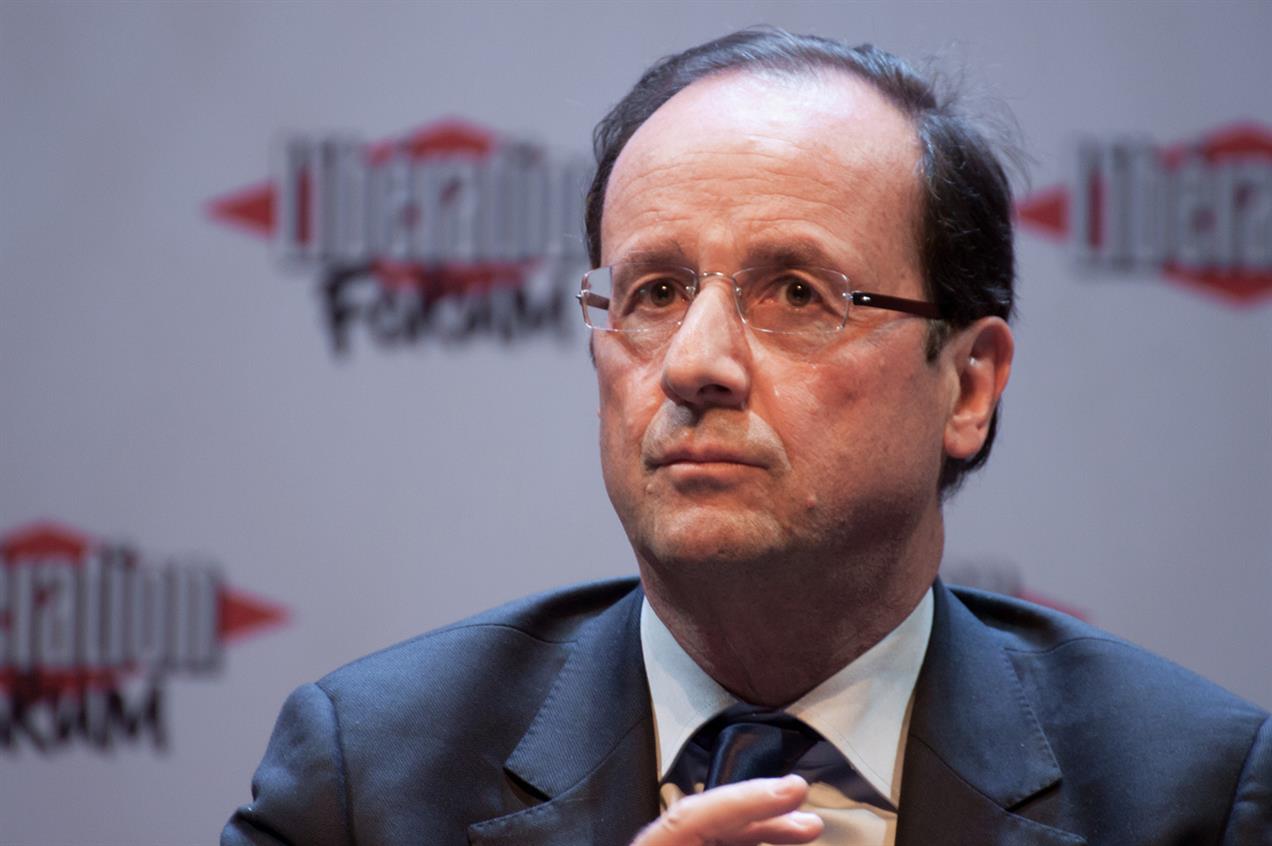Talks over the controversial Transatlantic Trade and Investment Partnership (TTIP) – which has been under negotiation for nearly three years – broke down on 2 May following a leak of negotiation documents.
The papers showed "irreconcilable" differences between the two blocs on issues ranging from energy policies, consumer protection and animal welfare standards.
French president Francois Hollande then stated that he would not support the agreement as it stands.
Supporters of TTIP claim its removal of trade barriers and tariffs would boost economies and raise living standards on both sides of the Atlantic.
Critics argue that it would give undue influence to multinational corporations over elected governments.
Energy and environmental issues are among the key sticking points. European negotiators have been particularly concerned by American enthusiasm to find an export market for its shale gas.
A TTIP would make this easier, encouraging further development of fracking, which is inconsistent with the pledges to cut greenhouse gas emissions that both the EU and US made at the COP21 talks in Paris last year, they say.
TTIP could also be used to block the efforts made by individual EU member states to clean up their electricity generation, by nuclear and fossil-fuel energy providers seeking redress through the Investor State Dispute Settlement (ISDS) process if a jurisdiction changes policy to their detriment.
Or by seeking new restrictions on local content provisions, often favoured by the wind industry for production of key components such as towers and blades.
All 28 EU member states have to ratify the pact before it can come into force. There is widespread opposition in many countries, not least Germany, although it is France that has voiced its opposition most clearly.
"There cannot be an agreement without France, and much less against France," said Matthias Fekl, the French minister responsible for representing the country in the discussions.

.png)


.png)










